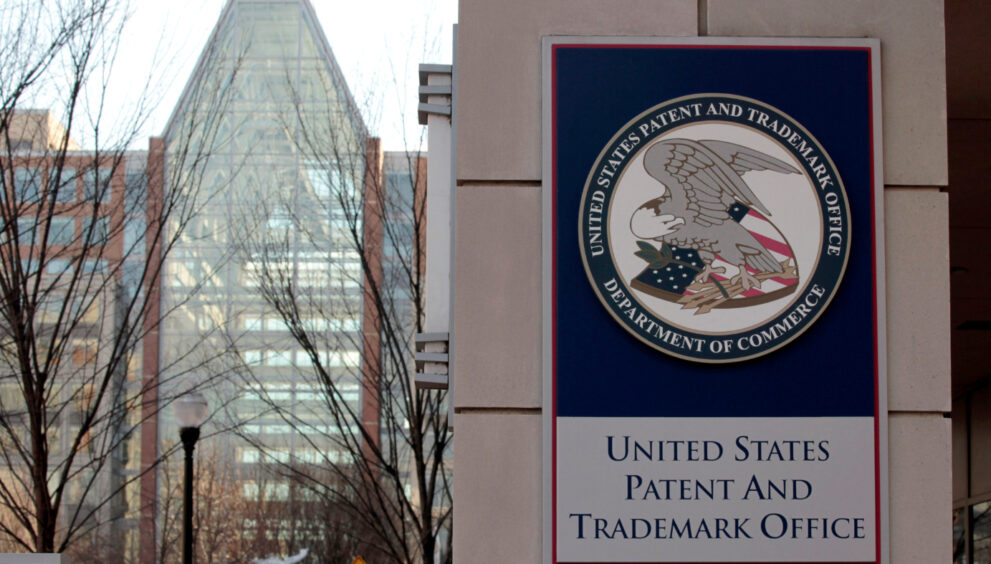Reforming the Patent System Ensures Inventors’ Rights and Technological Leadership

Consider dedicating years to developing a groundbreaking technology and protecting it with a patent, only to witness someone stealing your idea and selling it without permission.
Fortunately, having the innovative idea patented allows you to take legal action against the violator and win the case.
However, existing legal loopholes, stemming from the 2006 Supreme Court ruling in eBay v. MercExchange, permit patent violators to continue selling the stolen product even after being found guilty in court.
This scenario is comparable to someone trespassing in your home without consent but being allowed to remain. In both instances, fundamental property rights are infringed upon.
This situation not only unjust but also jeopardizes America’s status as a global technological pioneer. Encouragingly, a bipartisan bill in Congress aims to rectify the aftermath of the Supreme Court’s decision. Passing the RESTORE Patent Rights Act promptly would restore fairness to the nation’s patent system.
Historically, from the founding era of America, when a patent infringement was substantiated, judges customarily issued injunctions – legal directives mandating patent infringers to cease selling products that incorporate the stolen technologies.
Between 1790 and 1880, in cases of patent infringements, injunctions were granted 91 percent of the time. Even in the 2006 eBay case, three Supreme Court Justices noted that since the early 19th century, courts have typically granted injunctions upon finding patent infringement.
However, the eBay decision halted this long-standing practice. Presently, courts may solely issue comprehensive injunctions in compliance with a complex four-factor assessment.
This approach has significantly complicated the process for patent holders to achieve justice when their ideas are stolen. Violators often retain the rights to use the stolen intellectual property in exchange for court-determined royalties.
Post-eBay decision, the number of injunctions granted has significantly decreased, even in straightforward cases of individuals or companies producing their patented products.
This unfavorable situation violates both patent holders’ market exclusivity and the patent system’s primary aim of safeguarding inventors’ exclusive rights to their creations.
The decline in patent rights triggered by the eBay ruling has had a chilling impact on American innovation, particularly for small inventors. Without assurance of exclusive patent rights, there is reduced motivation for individuals or start-ups to develop unique technologies, processes, treatments, or services.
Protecting inventors’ rights and upholding America’s technological leadership is imperative in the face of global tech competition. The RESTORE Patent Rights Act tackles the eBay decision’s consequences directly by ensuring injunctions are standard in patent violation cases, fostering innovation and reinforcing patent rights enforcement.
Through this much-needed reform, lawmakers can safeguard inventors’ rights, preventing innovators’ ideas from being stolen by rewarding thieves and diminishing America’s technological standing.






















































































































































































































































































































































































































































































































































































































































































































































































































































































































































































































































































































































































































































































































































































































































































































































































































































































































































































































































































































































































































































































































































































































































































































































































































































































































































































































































































































































